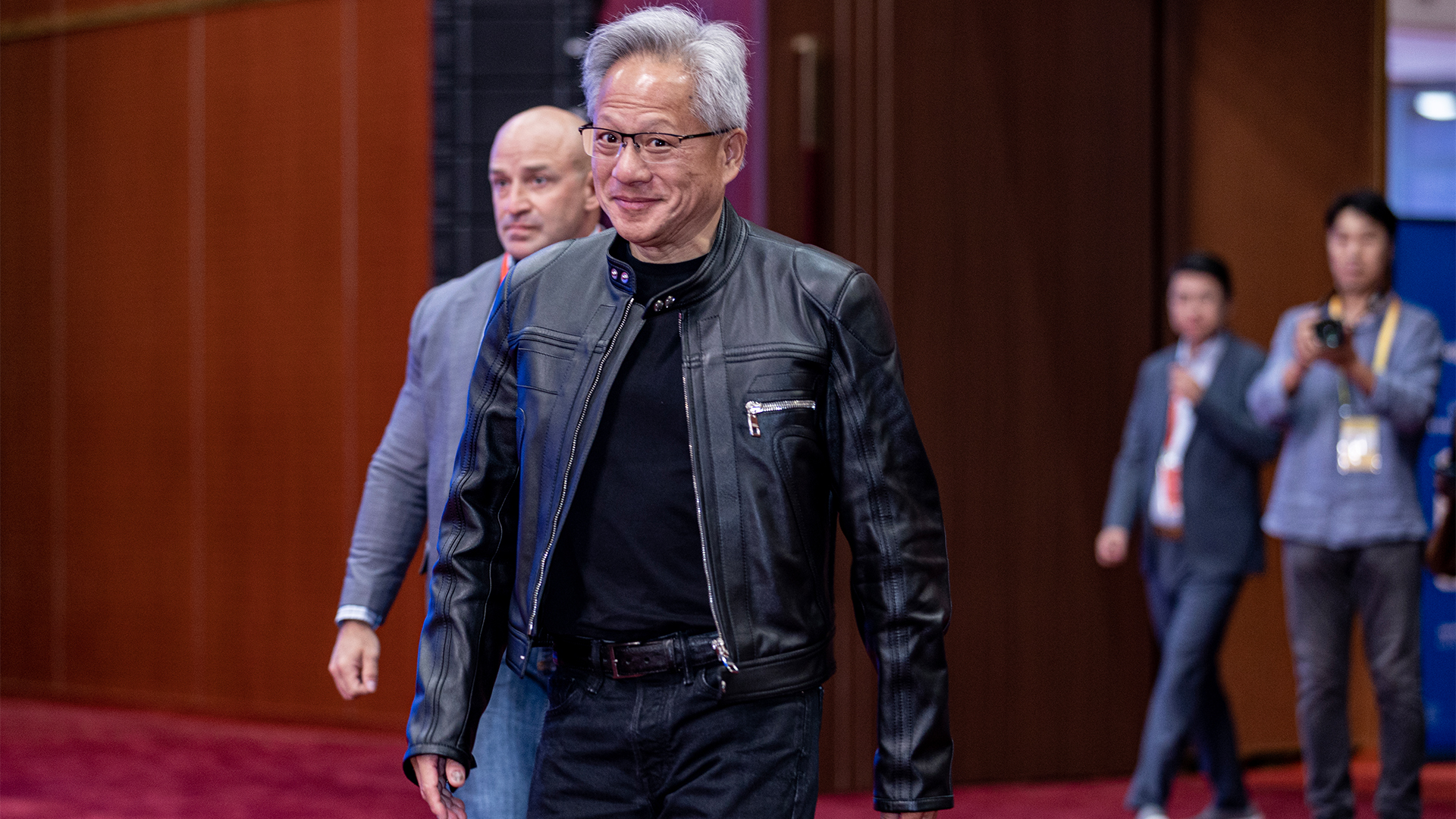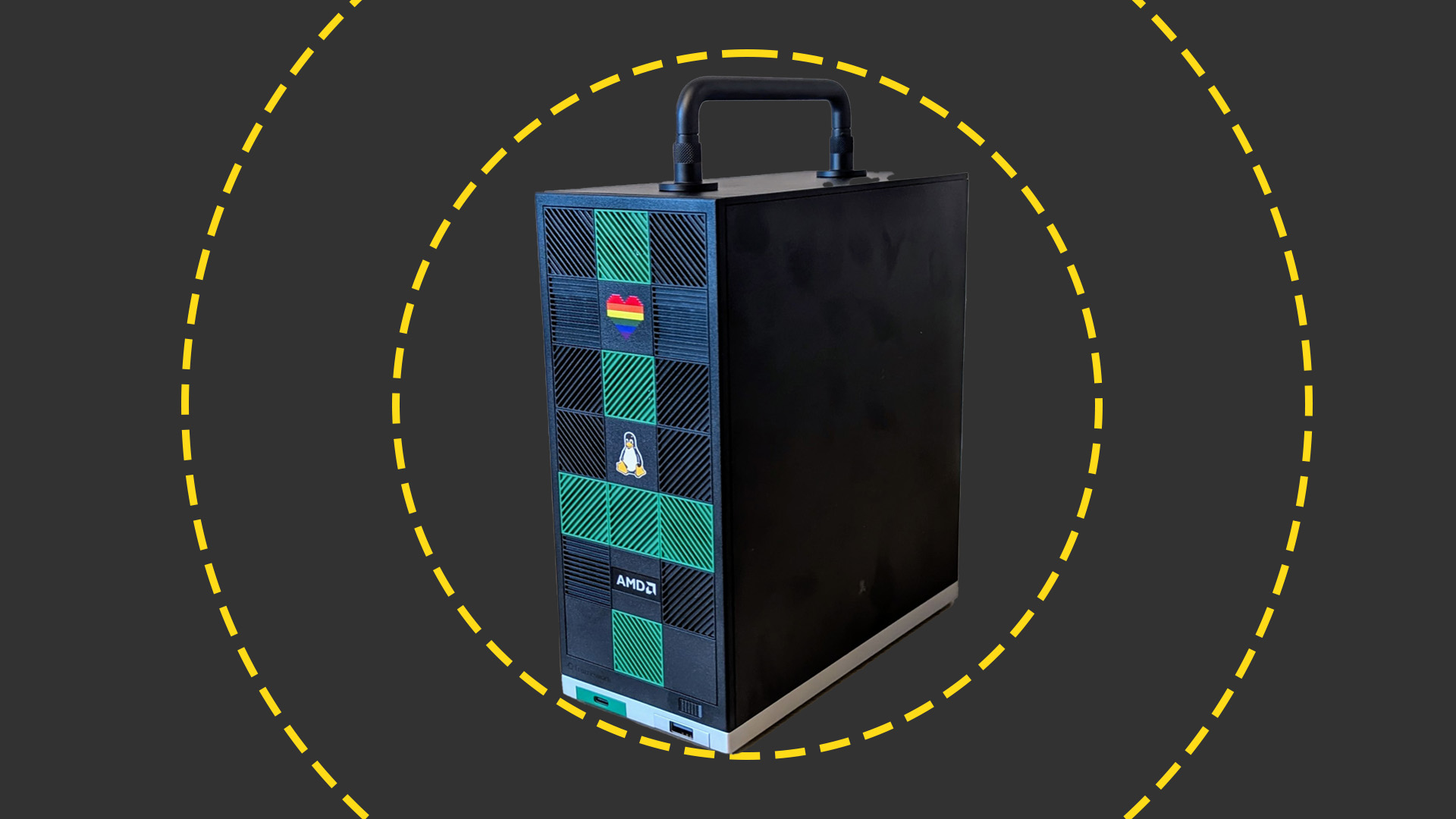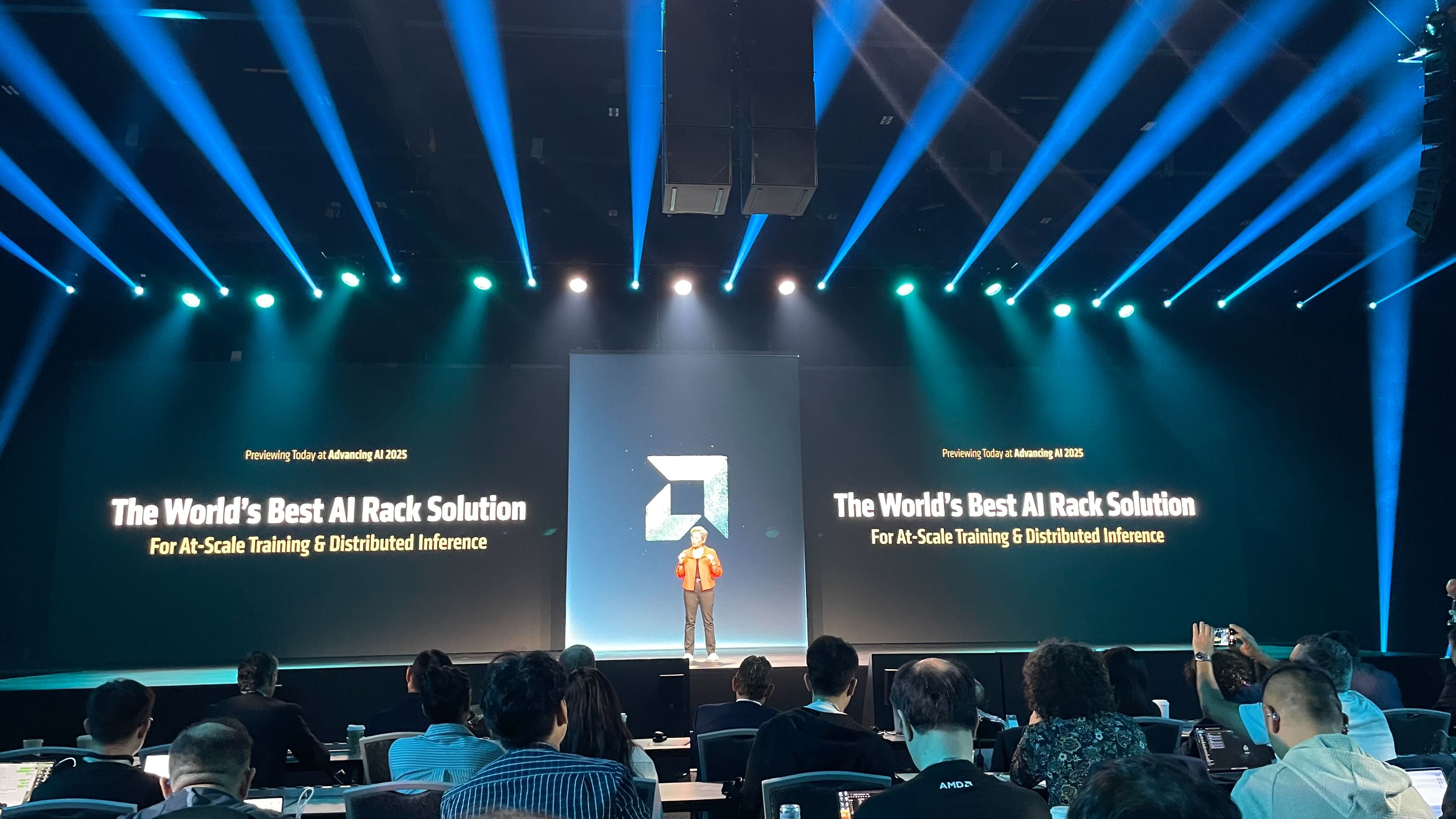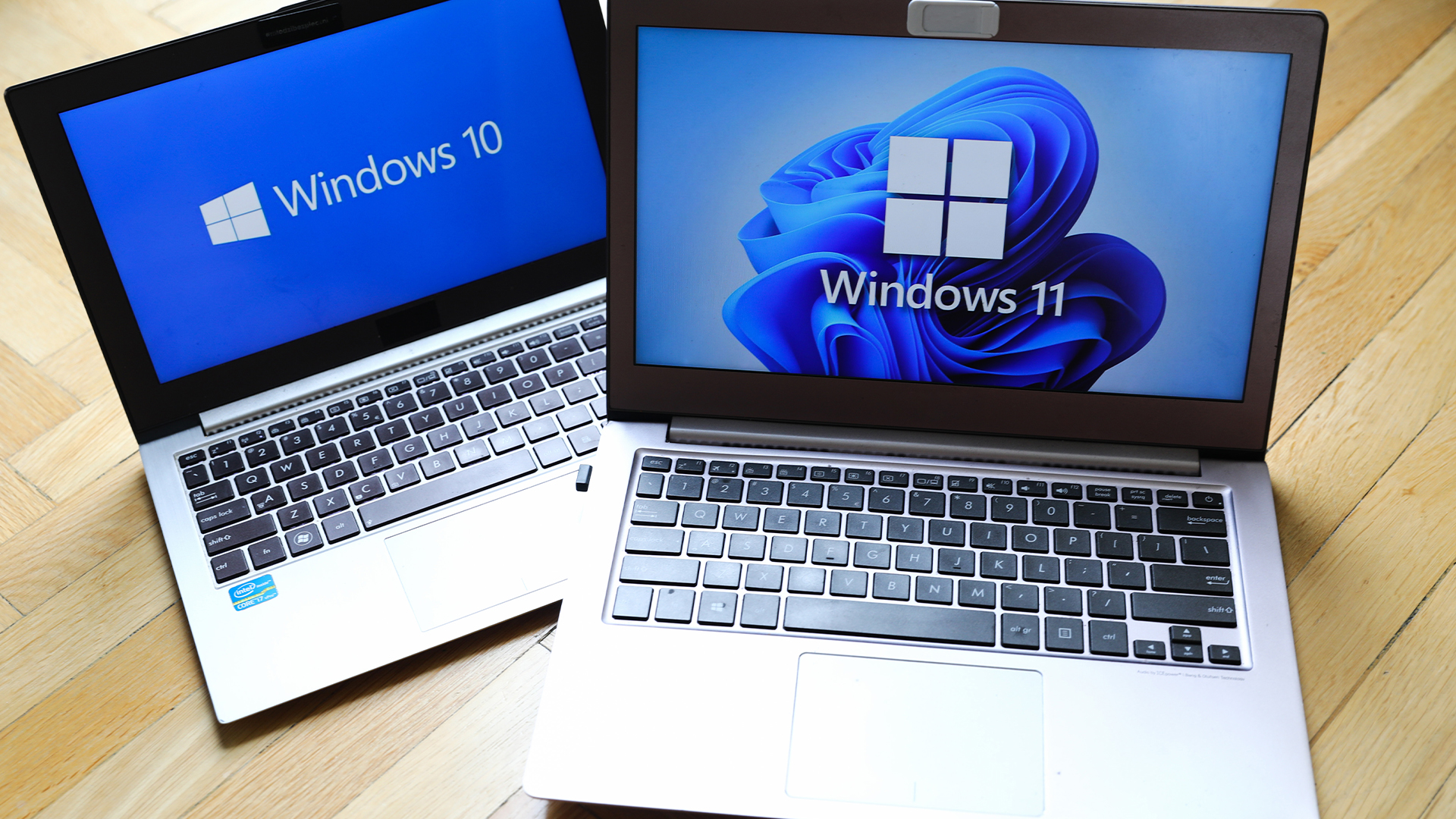Intel fails to overturn €1.06 billion fine
Anti-competitive conduct resulted in a reduction of consumer choice, court rules

Intel will have to pay a 1.06 billion fine after it failed to overturn a five-year-old ruling which concluded it had been anti-competitive.
In 2009, European anti-trust regulators ruled Intel had tried to squeeze its rival AMD out of the market by offering rebates to prominent OEMs and vendors.
Dell, HP and Lenovo as well as German firm Media-Saturn-Holding were given rebates in exhange for exclusively stocking Intel products.
Intel's anti-competitive conduct resulted in a reduction of consumer choice and in lower incentives to innovate.
The General Court based in Luxembourg upheld regulator's findings, claiming Intel's behaviour was anti-competitive and the chipmaker had tried to conceal this from authorities.
"[Intel's] conditional rebates and payments induced the loyalty of the key OEMs and of MSH. The effects of these practices were complementary, in that they significantly diminished competitors' ability to compete on the merits of their x86 CPUs. Intel's anti-competitive conduct thereby resulted in a reduction of consumer choice and in lower incentives to innovate," it was noted in the General Court judgment.
"The Court finds that that evidence demonstrates to the requisite legal standard that the applicant attempted to conceal the anticompetitive nature of its conduct, at least as regards its relationships with Dell, HP, Lenovo and MSH."
Intel had disputed the severity of the fine, but the General Court explained that it was proportional to the amount of turnover the firm had made during the period of infringement. The billion euro fine was the equivalent of 5 per cent turnover during the period in question and was deemed proportional.
Sign up today and you will receive a free copy of our Future Focus 2025 report - the leading guidance on AI, cybersecurity and other IT challenges as per 700+ senior executives
Intel can challenge the ruling at the Court of Justice of the European Union but only on points of law.
-
 Nvidia’s Intel investment just gave it the perfect inroad to lucrative new markets
Nvidia’s Intel investment just gave it the perfect inroad to lucrative new marketsNews Nvidia looks set to branch out into lucrative new markets following its $5 billion investment in Intel.
-
 Framework Desktop review: Modular design and ferocious AMD performance
Framework Desktop review: Modular design and ferocious AMD performanceReviews AMD's Ryzen Max CPUs debut in Framework's impressive modular self-build small-form desktop PC
-
 The US government's Intel deal explained
The US government's Intel deal explainedNews The US government has taken a 10% stake in Intel – but what exactly does the deal mean for the ailing chipmaker?
-
 US government could take stake in Intel as chip giant's woes continue
US government could take stake in Intel as chip giant's woes continueNews The move would see increased support for Intel’s manufacturing operations
-
 Dell says Windows 11 migration is a prime opportunity to overhaul ageing PC fleets – and AI devices are in the spotlight
Dell says Windows 11 migration is a prime opportunity to overhaul ageing PC fleets – and AI devices are in the spotlightNews The shift to Windows 11 means IT leaders can ditch old tech and get their hands on AI PCs
-
 AMD chief exec Lisa Su says its new Helios AI rack is a 'game changer' for enterprises ramping up inference – here's why
AMD chief exec Lisa Su says its new Helios AI rack is a 'game changer' for enterprises ramping up inference – here's whyNews The integrated hardware offering will feature upcoming AMD chips and networking cards
-
 AMD Advancing AI 2025: All the latest news and updates from San Jose
AMD Advancing AI 2025: All the latest news and updates from San JoseFollow all the news and updates live from AMD's latest Advancing AI conference
-
 What enterprises need to be Windows 11 ready
What enterprises need to be Windows 11 readySupported Hardware purchasing will play a key role in delivering success during the Windows 11 migration rush

